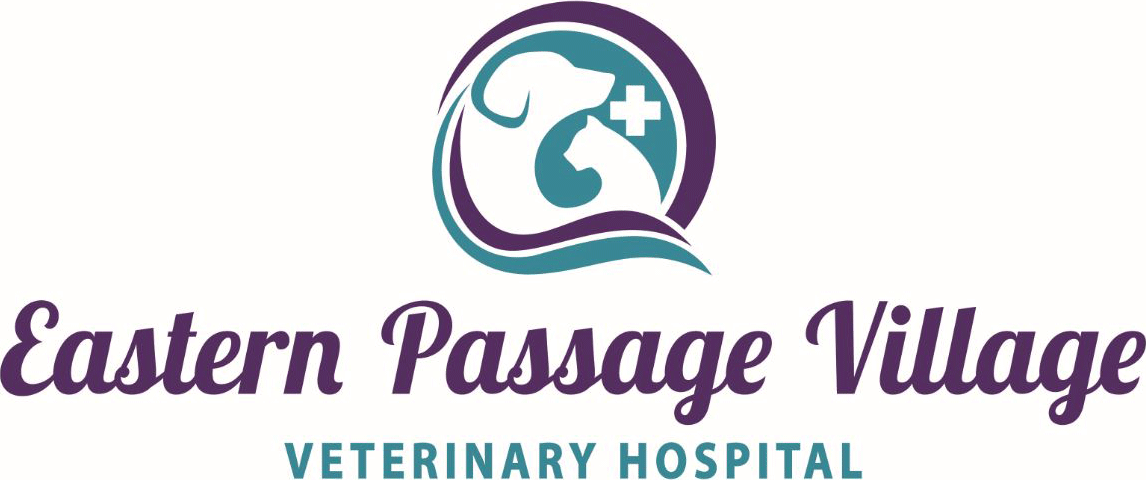Have you seen any wildlife in your backyard lately? Sure, they are cute. However,
Leptospirosis is a serious illness that can affect wildlife, dogs, cats and humans (however, it is rare in cats), and is caused by a certain spiral shaped bacteria. It is transmitted through urine of infected animals such as raccoons, skunks, squirrels and deer, and they may excrete the bacteria for weeks or years. It can survive for weeks to months in the environment, and is often found in stagnant water or soil. The bacteria can enter the body through the skin, eyes, nose and mouth. Drinking or swimming in contaminated water can cause infection, which ultimately may lead to liver or kidney failure.
Generally, younger animals are more affected than older animals. Symptoms may include fever, vomiting, abdominal pain, diarrhea, weakness, depression, muscle pain or stiffness. Some animals may not show any signs at all.
A vaccination is available to prevent against the most common strains of leptospirosis, which we provide here at Eastern Passage Village Veterinary Hospital as part of our vaccination protocol. Not only does it protect your pet, but it also protects you as well. There have been confirmed cases of leptospirosis in Nova Scotia, and a few have been found here in Eastern Passage. Proper handling of these patients is required to protect people as well as other animals. Protective clothing such as goggles, gloves, boots and masks should be worn. Proper hand washing and cleaning routines should be followed.
If your pet contracts this disease, they may be treated with antibiotics. If it is diagnosed and treated early, they may recover sooner. Some animals may require further treatment such as fluid therapy.
Just remember, prevention is the best medicine! Get your pet vaccinated against leptospirosis today.
